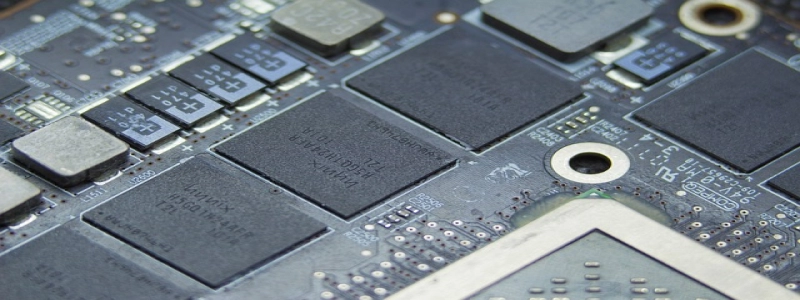Aruba Transceivers
Introduction:
Aruba transceivers are essential components of Aruba network equipment that enable the transmission and reception of data over network connections. These transceivers are designed to provide high-performance, reliable, and cost-effective solutions for businesses of all sizes. In this article, we will explore the different types of Aruba transceivers, their features, and their applications.
I. Types of Aruba transceivers:
A. SFP transceivers:
1. SFP (Small Form-factor Pluggable) transceivers are hot-swappable devices that connect networking hardware, such as switches and routers, to fiber optic or copper cables.
2. Aruba offers a wide range of SFP transceivers, including single-mode and multi-mode variants, with various data rates and transmission distances to suit different network requirements.
B. QSFP transceivers:
1. QSFP (Quad Small Form-factor Pluggable) transceivers are high-density modules that support higher network speeds and larger bandwidths compared to SFP transceivers.
2. Aruba QSFP transceivers are commonly used in data centers and enterprise networks that require ultra-high-speed connections, such as 40GbE or 100GbE.
C. SFP+ transceivers:
1. SFP+ (Enhanced Small Form-factor Pluggable) transceivers are an updated version of SFP transceivers and offer faster data rates and longer transmission distances.
2. Aruba SFP+ transceivers are widely used in applications that demand higher bandwidths, such as server connectivity, storage area networks, and high-performance computing.
II. Features of Aruba transceivers:
A. Compatibility:
1. Aruba transceivers are designed to be compatible with Aruba switches and other networking equipment, ensuring seamless integration and hassle-free deployment.
2. They also adhere to industry standards, such as IEEE and MSA, allowing interoperability with third-party devices.
B. Quality and Reliability:
1. Aruba transceivers undergo rigorous testing and quality assurance processes to ensure optimal performance and reliability.
2. They are built with high-quality components and advanced engineering techniques to deliver consistent and stable network connections.
C. Flexibility:
1. Aruba transceivers support various types of network media, including fiber optic and copper cables, providing flexibility in network design and deployment.
2. They also support hot-swapping, allowing easy installation and replacement without interrupting network operations.
III. Applications of Aruba transceivers:
A. Data Centers:
1. Aruba transceivers are commonly used in data centers for high-speed, high-bandwidth connections between servers, switches, and storage devices.
2. They enable efficient data transfer, improve network performance, and support virtualization and cloud computing technologies.
B. Enterprise Networks:
1. Aruba transceivers are suitable for enterprise networks that require reliable and scalable connectivity across various locations.
2. They enable seamless communication between network devices, such as switches, routers, and access points, supporting smooth data flow and network management.
Conclusion:
Aruba transceivers play a vital role in ensuring efficient and reliable data transmission over network connections. With a wide range of options available, including SFP, QSFP, and SFP+ transceivers, Aruba provides versatile solutions for different network requirements. Their compatibility, quality, and flexibility make them a popular choice for data centers and enterprise networks. Choosing Aruba transceivers can significantly enhance network performance and support the growing needs of modern businesses.








